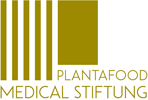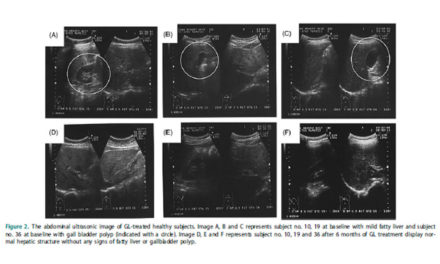Joy X. Wang 1,2, Stephen Y.C. Choi 1,3,4, Xiaojia Niu 3,4, Ning Kang 4, Hui Xue 4, James Killam 1
and Yuzhuo Wang 1,3,4,*
1 Vancouver Prostate Centre, Vancouver, BC V6H 3Z6, Canada; joywang@alumni.ubc.ca (J.X.W.); schoi@bccrc.ca (S.Y.C.C.); gjk@killamcordell.com (J.K.)
2 Faculty of Dentistry, University of British Columbia, Vancouver, BC V6T 1Z3, Canada
3 Department of Urologic Sciences, Faculty of Medicine, University of British Columbia, Vancouver, BC V5Z 1M9, Canada; xniu@bccrc.ca
4 Department of Experimental Therapeutics, BC Cancer Agency, Vancouver, BC V5Z 1L3, Canada; cokang@bccrc.ca (N.K.); hxue@bccrc.ca (H.X.)
* Correspondence: ywang@bccrc.ca
Received: 18 October 2020; Accepted: 6 November 2020; Published: 7 November 2020
Abstract
Immune evasion and altered metabolism, where glucose utilization is diverted to increased lactic acid production, are two fundamental hallmarks of cancer. Although lactic acid has long been considered a waste product of this alteration, it is now well accepted that increased lactic acid production and the resultant acidification of the tumor microenvironment (TME) promotes multiple critical oncogenic processes including angiogenesis, tissue invasion/metastasis, and drug
resistance. We and others have hypothesized that excess lactic acid in the TME is responsible for suppressing anticancer immunity. Recent studies support this hypothesis and provide mechanistic evidence explaining how lactic acid and the acidic TME impede immune cell functions. In this review, we consider lactic acid’s role as a critical immunoregulatory molecule involved in suppressing immune effector cell proliferation and inducing immune cell de-differentiation. This results in the inhibition of antitumor immune responses and the activation of potent, negative regulators of innate and adaptive immune cells. We also consider the role of an acidic TME in suppressing anticancer immunity. Finally, we provide insights to help translate this new knowledge into impactful anticancer immune therapies.
Keywords
lactic acid; cancer-induced immunosuppression; epigenetic reprograming; de-differentiation; anticancer immunotherapy; acidic tumor microenvironment







